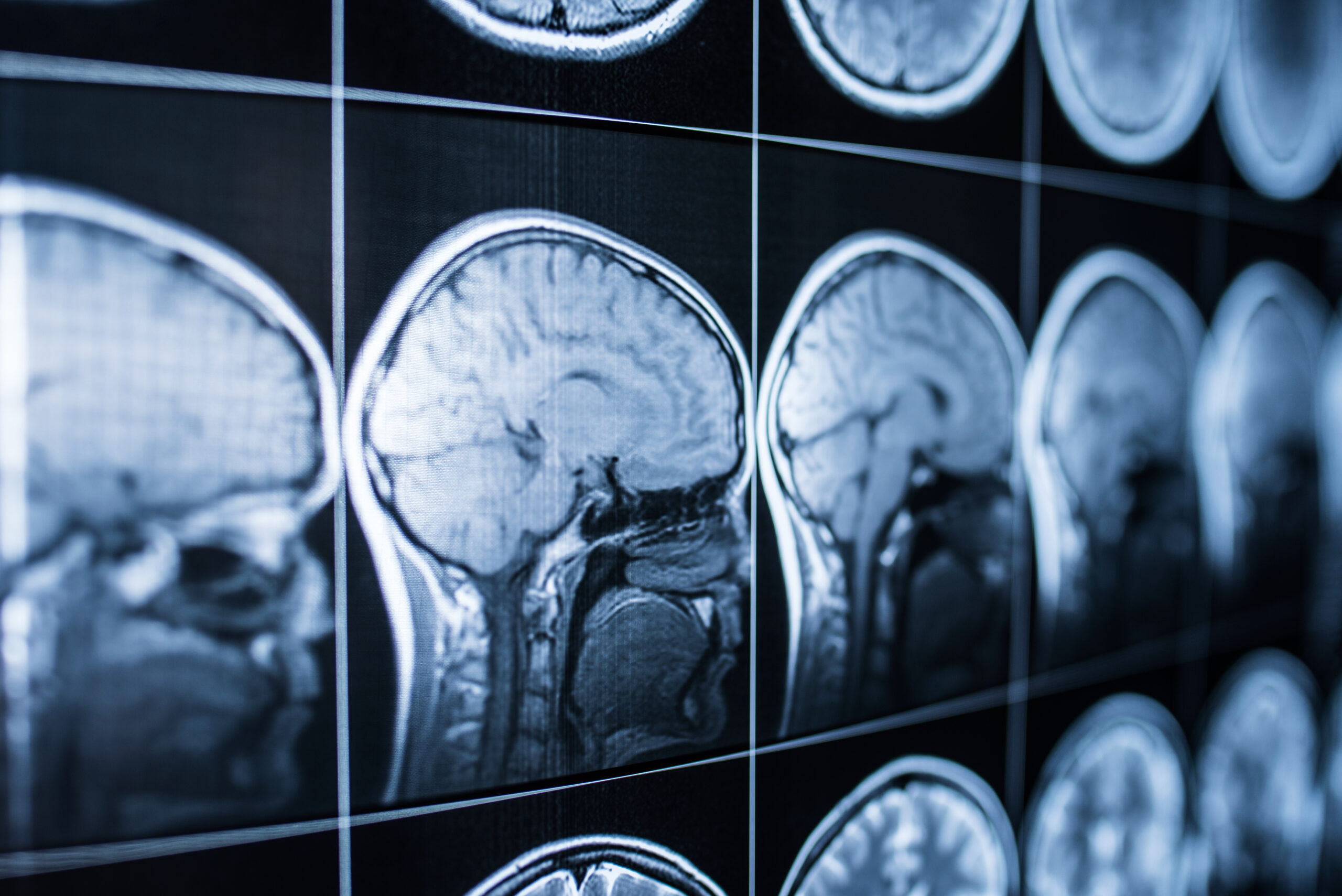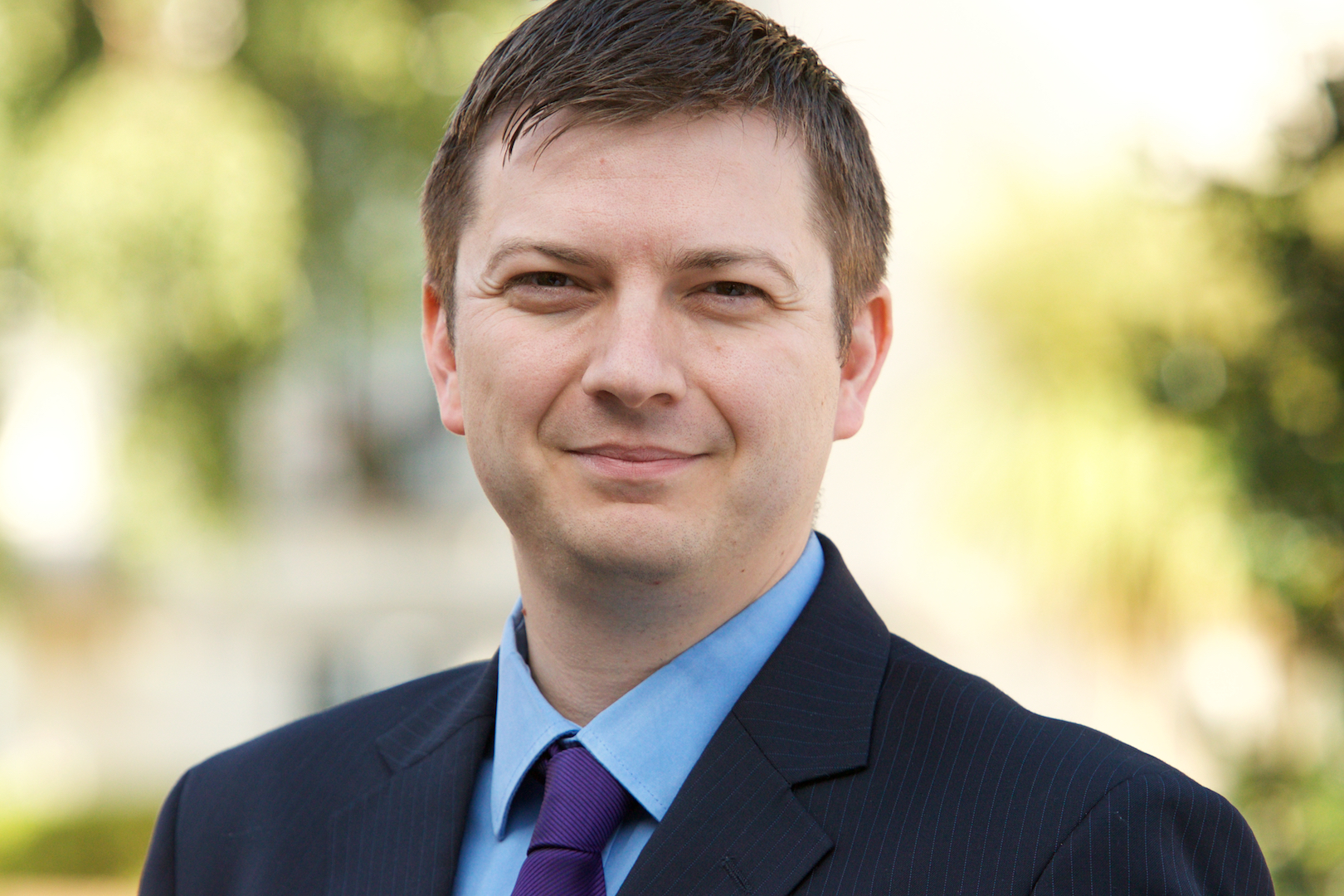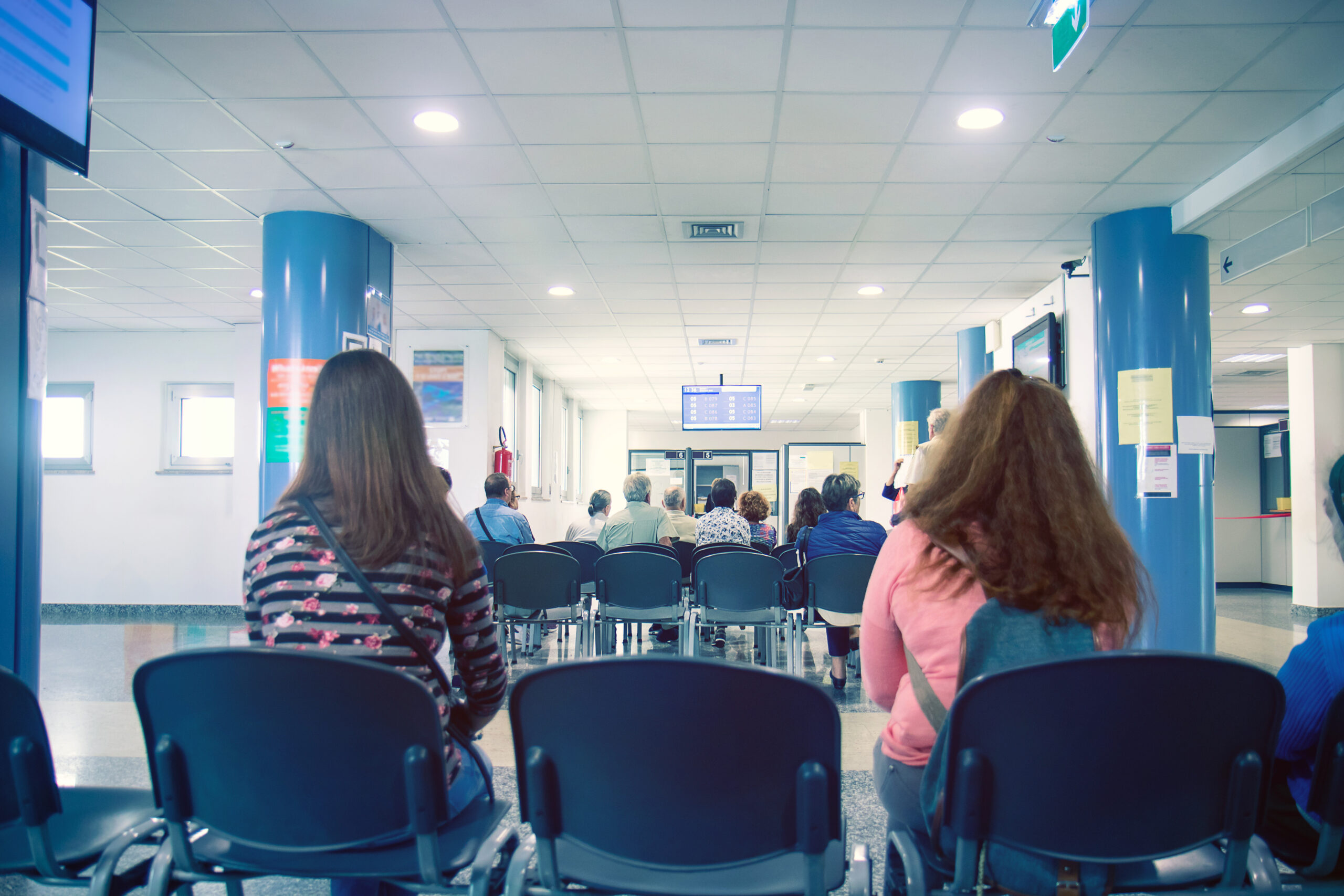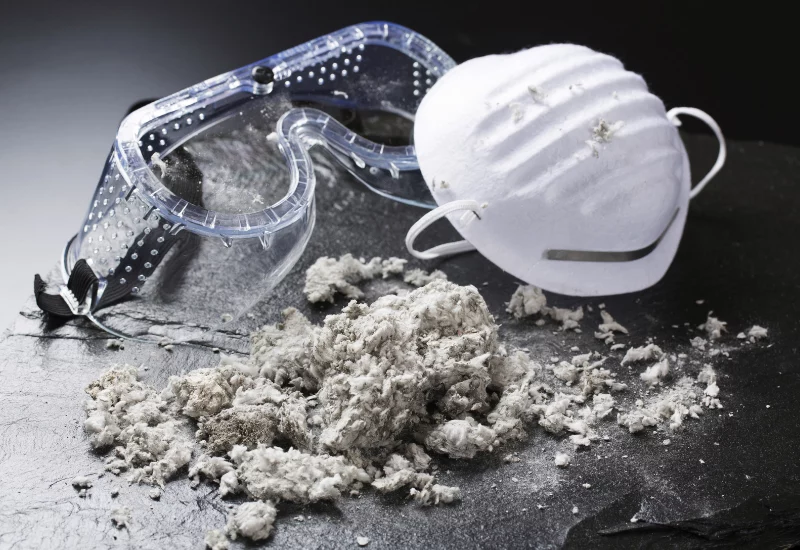- 20 May 2021
- •
- 3 min read
Brain injuries in Clinical Negligence claims
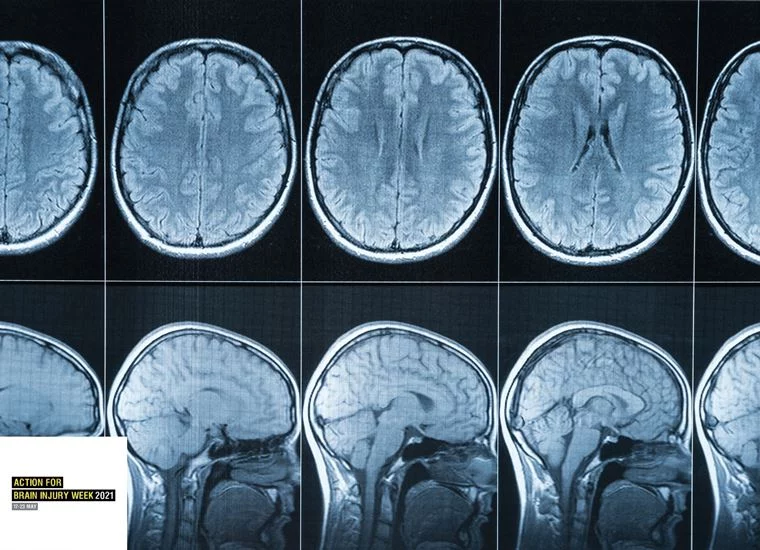
Each and every year, millions of individuals in the UK will receive medical care. In some cases, mistakes can occur. A brain injury caused by the negligence of a medical professional can have catastrophic consequences for the patient.
The brain controls our mobility, how our body functions and our moods and emotions, and is incredibly sensitive to injury. In the most severe cases, trauma to the brain can lead to loss of function, such as mobility or the ability to speak.
Brain injuries from medical negligence can happen under many circumstances including stroke misdiagnosis, errors during surgery and misdiagnosis of brain tumours or infections. Often, conditions are not recognised as quickly as they should be which can cause increased pain and suffering (for example Encephalitis, an inflammation on the brain most often caused by infections or Hydrocephalus, a build up of fluid inside the skull). For people who have suffered an acquired brain injury, for example, after having a stroke, the brain can recover to a degree with a long period of rehabilitation. Despite this, it is likely that there will be some lasting effects that the victim and their family will need to learn how to manage.
In Clinical Negligence claims, the Claimant must show that the clinician in question has breached their duty of care. The Claimant must also prove that, on the balance of probabilities (that is, a likelihood of 51% or more), that any breach of duty has caused a foreseeable injury. We must look at what would have happened had there not been a breach of duty. Sadly, many Clinical Negligence cases involve Claimants who were ill or injured before the treatment and therefore proving causation can be complex.
Trethowans have recently successfully secured settled for a client in a case of brain injury resulting from negligent treatment:
In 2010 Mr T started to suffer from significant headaches. Following consultations with his GP he was seen by a Neurologist. It was considered that the headaches were likely tension headaches and Mr T was reassured and discharged.
Mr T called the Neurologist some weeks later as the headaches were persisting and worsening. The Neurologist reassured Mr T, but (unknown to Mr T) referred him for an MRI scan to rule out anything untoward. The Hospital system showed that a referral for an MRI scan was made, but shortly afterwards, for reasons unknown, the referral was cancelled.
Mr T continued to experience headaches for the coming years. Matters, unfortunately, culminated in 2014 when he experienced significant confusion, slurred speech and one sided weakness. He was rushed into Hospital, where it was discovered that he had a significant posterior fossa dermoid cyst (brain tumour), which was causing hydrocephalus (a build up of fluid within the brain).
Mr T was transferred to a specialist neurological centre, where he underwent a craniotomy and excision of the cerebellar dermoid. Thankfully, the surgery was a success, however Mr T was left with significant cognitive issues, including marked problems with his memory. Mr T was unable to work and very restricted in domestic and childcare duties. Matters were complicated further in that it was difficult for him to control his pre-existing diabetes with his memory issues.
The Hospital denied liability throughout the claim. Significant expert evidence was obtained commenting on the matters relating to neurology, neurosurgery, neuropsychology and occupational therapy. The experts all considered that the Hospital were at fault and that Mr T had suffered significant symptoms. The Hospital obtained their own expert evidence which took a different view. Court proceedings were commenced. Mediation ultimately took place between the parties, which resulted in a successful settlement for Mr T in the sum of around a third of a million pounds.
If you wish to find out further information please call us on 0800 2800 421 or get in touch here.

